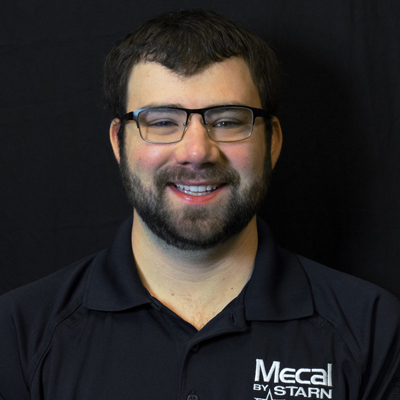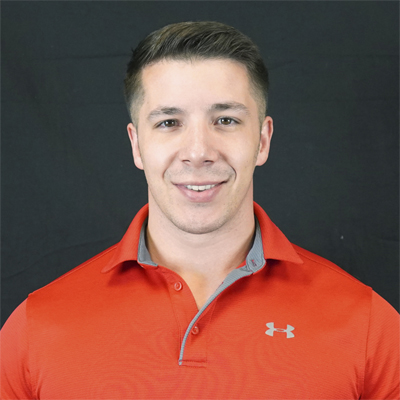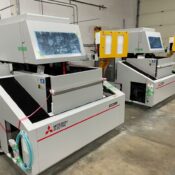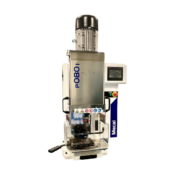Mecal News
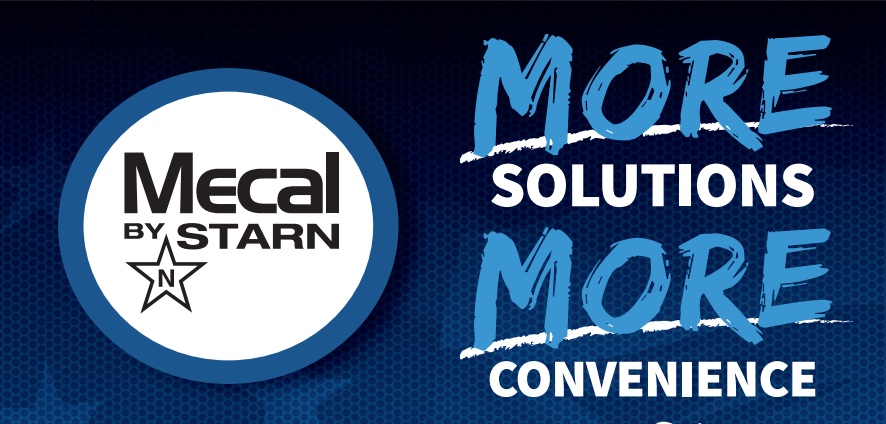

Conversion Kit: The Adjustable Wrench of the Wire Harness Industry
Written By: Samuel Myers
Making it Work vs. The Right Tool for the Job
Conversion Kits are a popular alternative for contract manufacturers who want to reduce their costs. They are desired for a few reasons, however, we generally don’t recommend them. Conversion kits allow manufacturers the ability to use one applicator for a variety of terminals. Manufacturers believe they’re saving money by reducing capital equipment purchases, yet this rarely happens.Conversion Kits Defined
Before we get any further, let's define what a conversion kit is. As we define them: Conversion Kits are spare applicator parts that are supplemental to the original applicator, in order to accommodate different terminals on the same applicator. You can think of conversion kits like adjustable wrenches- versatile and accommodating, but you’re going to end up smashing your knuckles while you round off the bolt. These spare parts are changed out, as needed, for each terminal the manufacturer desires to crimp. Even the most basic conversion kit will require nearly a dozen parts to be changed out.Reduce Your Risk
Conversion kits require a high degree of technical proficiency when changing out parts. These parts are generally not hard to change out in the case of damage, or regularly scheduled maintenance (the parts and terminals remain unchanged in these instances). The difficulty arises when operators need to make bellmouth, cut-off tab, centrality, and terminal bend adjustments when preparing the applicator for the new terminal with the new parts from the conversion kit. Generally speaking, most customers are capable of making these adjustments and successfully converting an applicator. However, there still remains a risk of damaging tooling and now you’re unable to run either of your terminals. We see a lot of applicators with conversion kits come back on RMA’s only to be designated for one specific terminal, and another applicator purchased. While the initial investment in an applicator may be lower than buying multiple applicators the overall cost of this strategy ends up being much more than hoped. Let’s say you buy an applicator to run two different terminals. Terminal 1 is run on the original applicator build, and Terminal 2 requires the conversion kit. When converting the applicator to run terminal 2, you crash the tools because they weren’t aligned properly. Assuming you bought a spare kit, you replace the damaged tools and continue to convert the applicator. You crash the second set of tools because you cycled the press without adjusting the feed of the terminal. You decide on not converting the applicator to run terminal 2 and just want it to run terminal 1. Now, the applicator is out of adjustment and requires an RMA. Now you’re unable to crimp either terminal 1 or 2 while your applicator is repaired.What Are You Aiming At?
The goal of most businesses is the same: increase productivity, cut costs, and reduce risks. According to a study from Deloitte, downtime can reduce a manufacturer's capability by 5 to 20 percent. Can you afford a 20% reduction in production? One way to calculate the cost of equipment downtime is by looking at how many products are produced in a certain time period (per hour) against the amount of money made from each product. Then, measure these numbers against how much downtime has occurred. Following this equation, if we produce 100 units per hour, and we make a profit of $50.00 per unit, that means each hour is worth $5,000. In most cases, having one hour of downtime alone would be worth buying another applicator. In theory, conversion kits are a great way to reduce your costs. In reality, this is not the case. It is very likely that you’ll end up losing money on downtime and will end up spending significantly more in repairs.MECAL BY STARN OFFERS
Presses ranging from 1.5 to 20 ton capabilities.
Mecal By Starn Sales Team
Mecal By Starn started as a partnership between Mecal and Starn Tool in order to supply North American Wire Harness Industry with world-class applicators, presses and spare parts from Mecal. Mecal was established in 1976 with the aim of supplying the wire harness industry with the best crimping equipment available. While Starn Tool, a well-respected precision machining company since 1945, has supported the wire harness industry since the 1960’s.
Today, Mecal by Starn is known for its customer service excellence across its expansive product line, as well as innovation and capability in custom-designed solutions to meet customer needs and help solve complex project challenges.
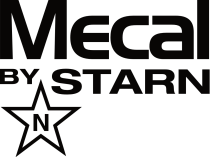
Mecal News
Join us at EWPTE 2024
Data Driven Wire Processing, i-Style Presses
WANT TO GET STARTED?
Talk to One of Our Experts

